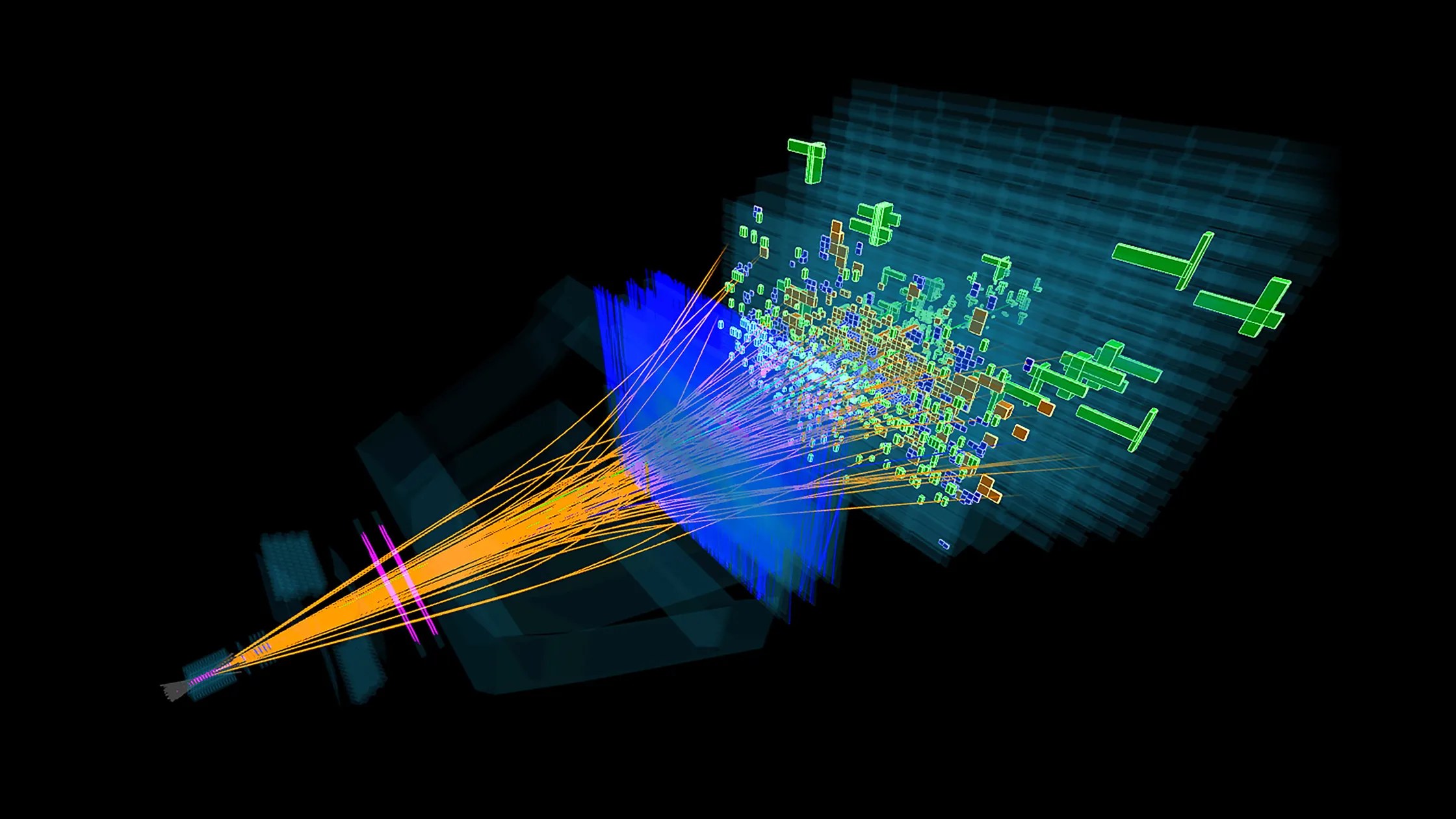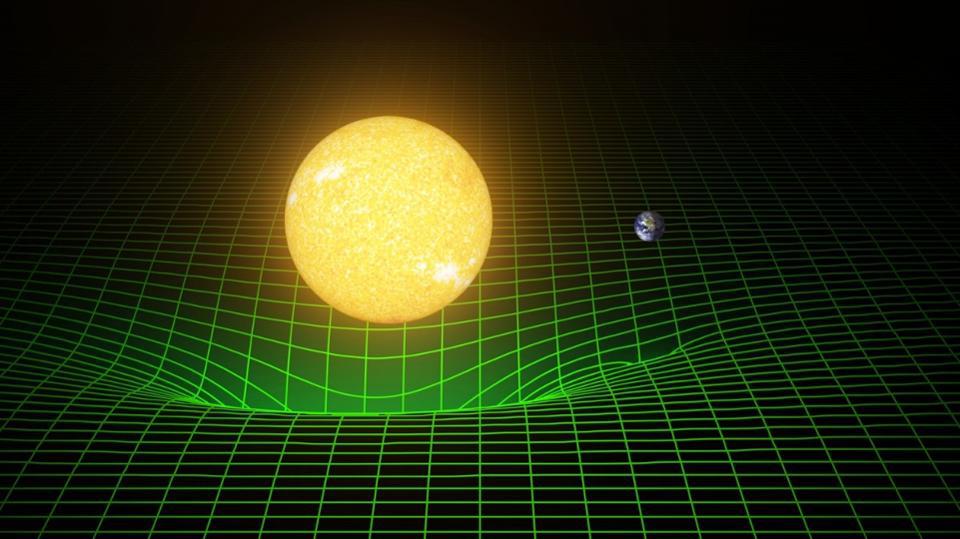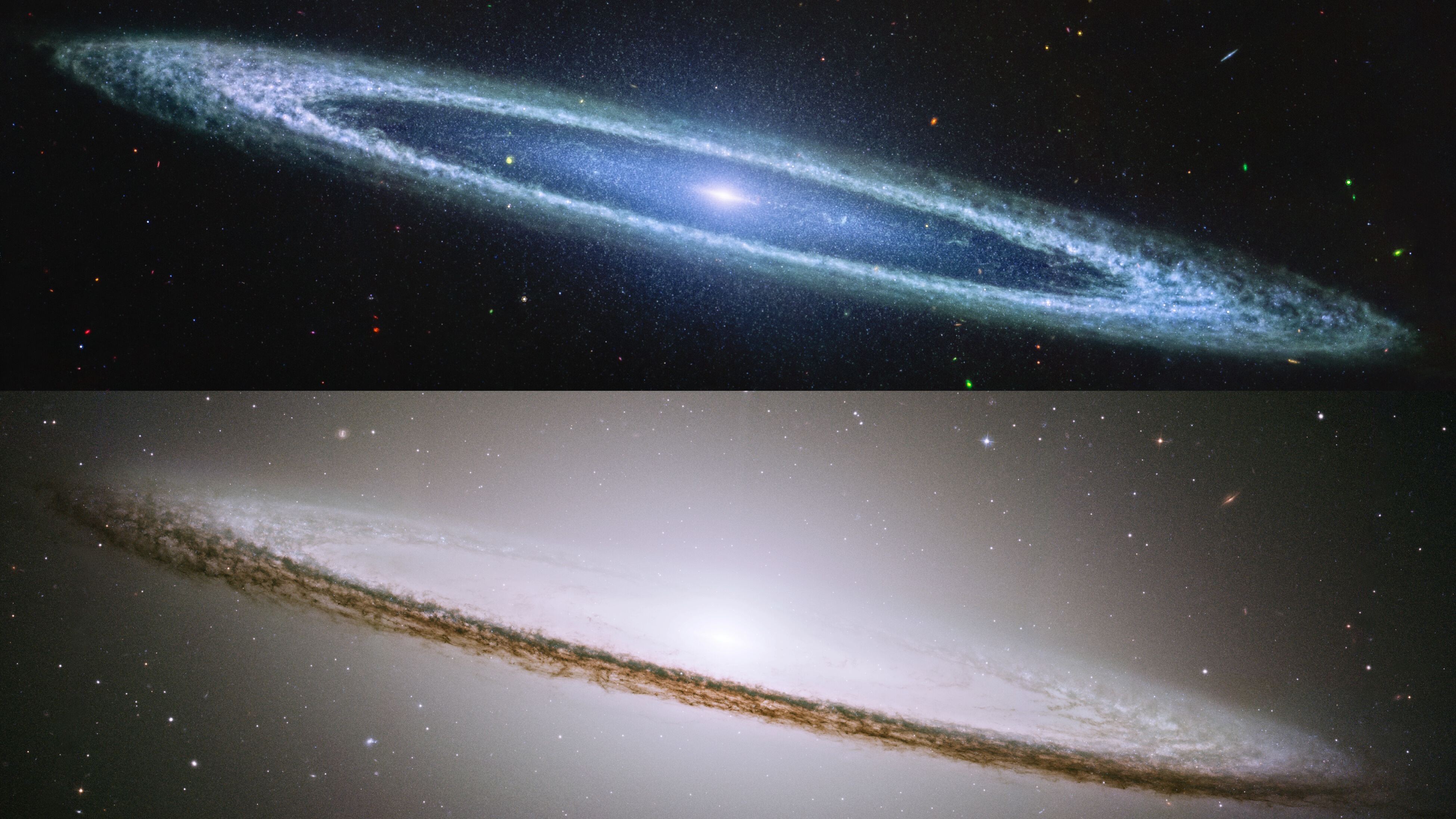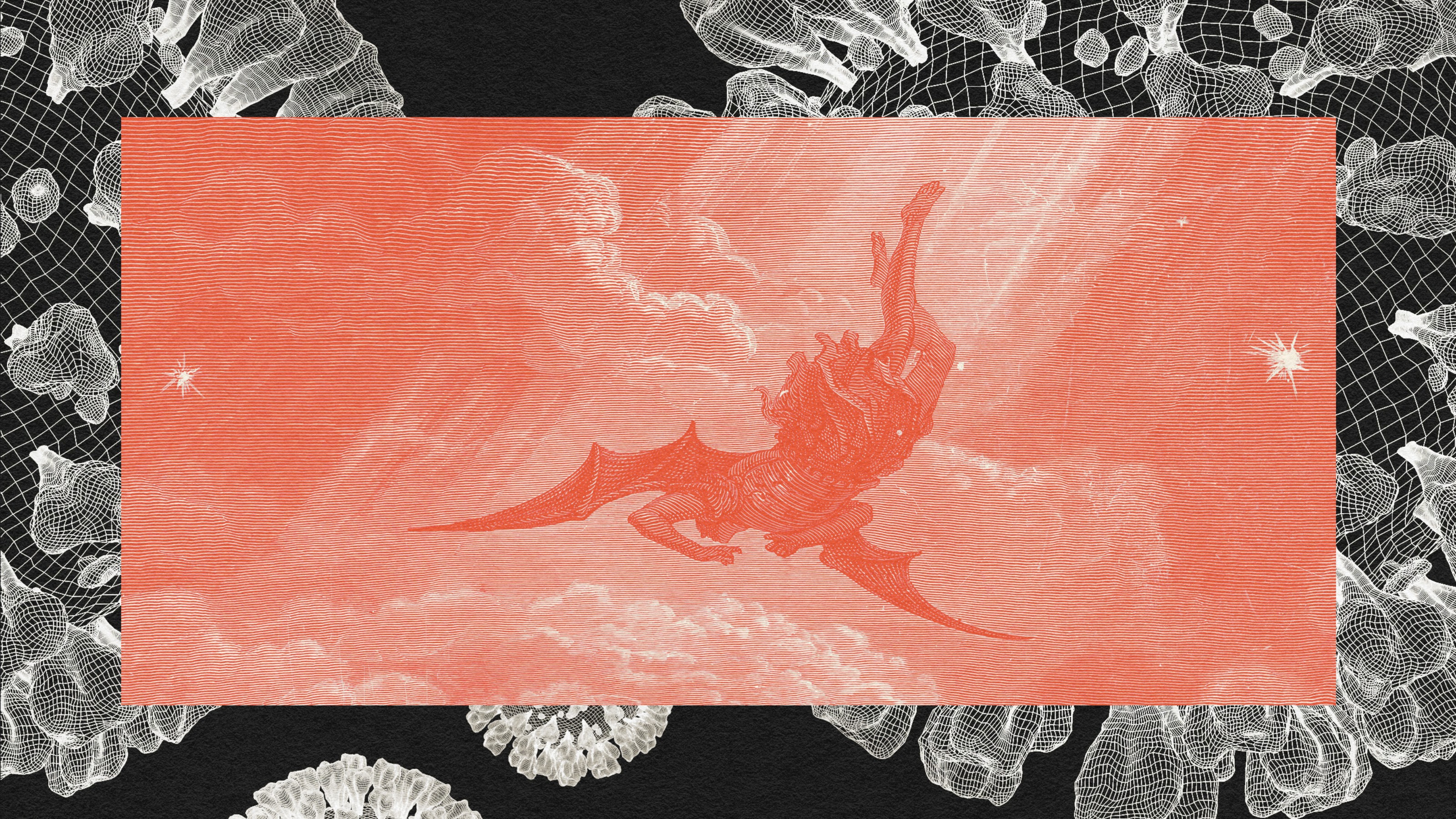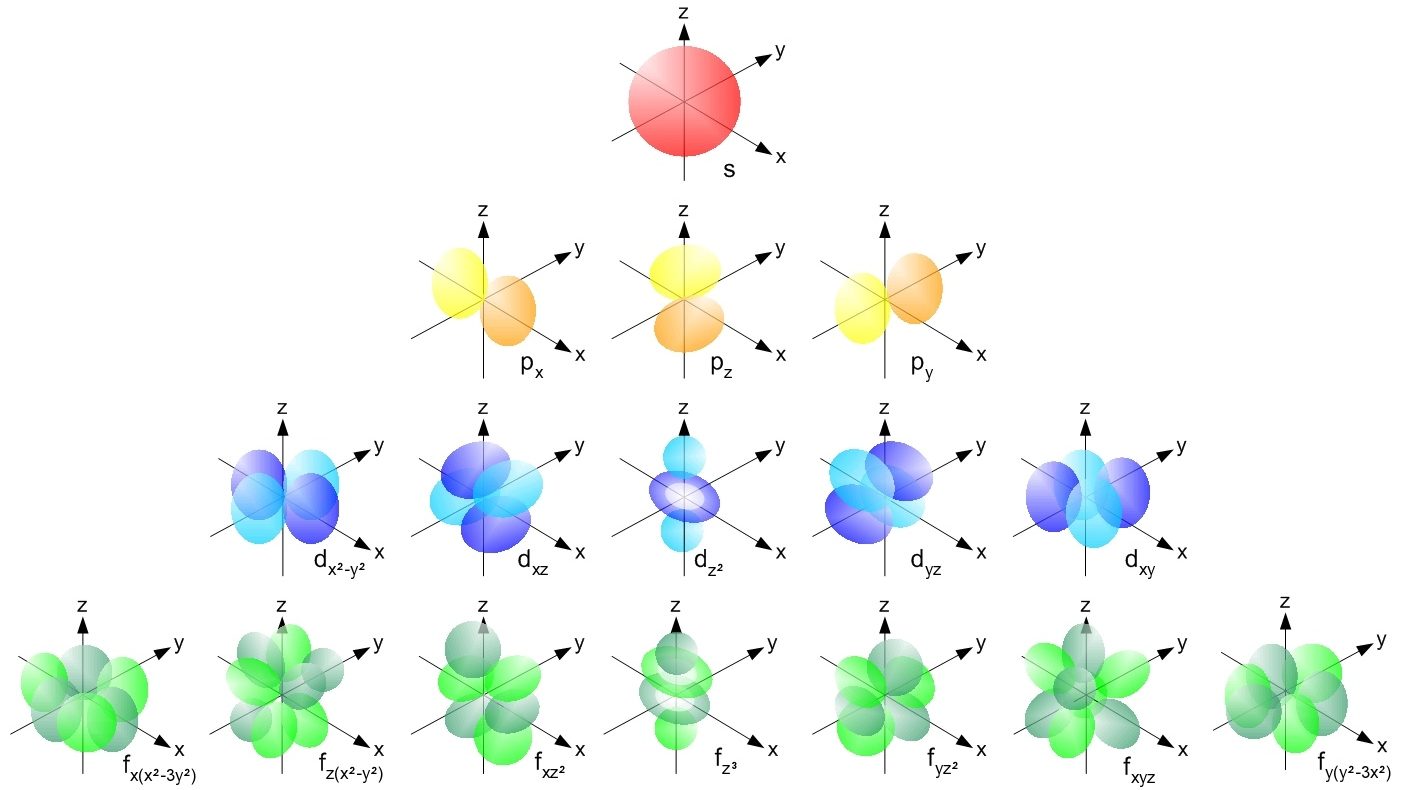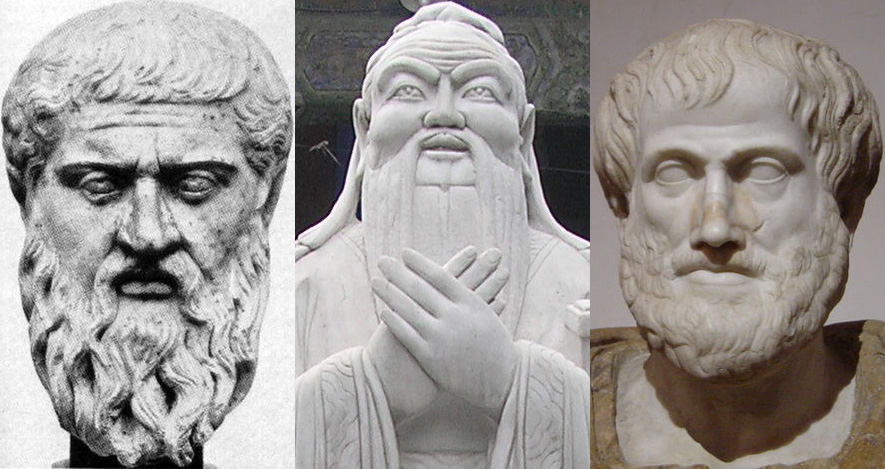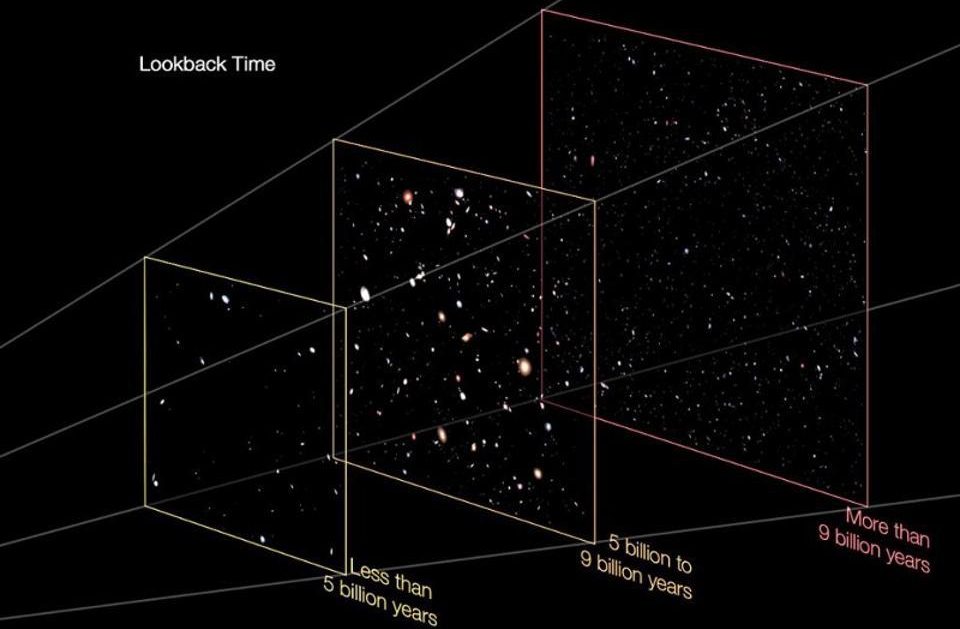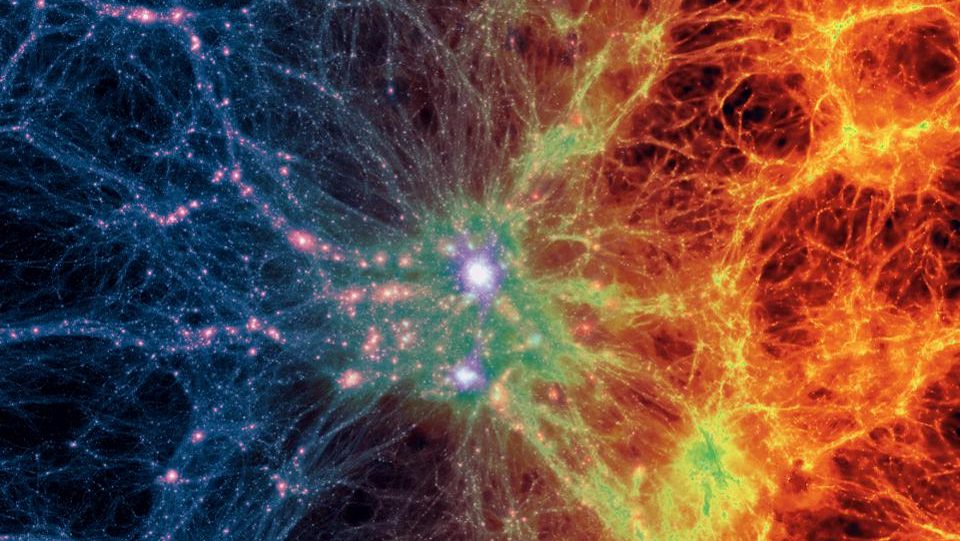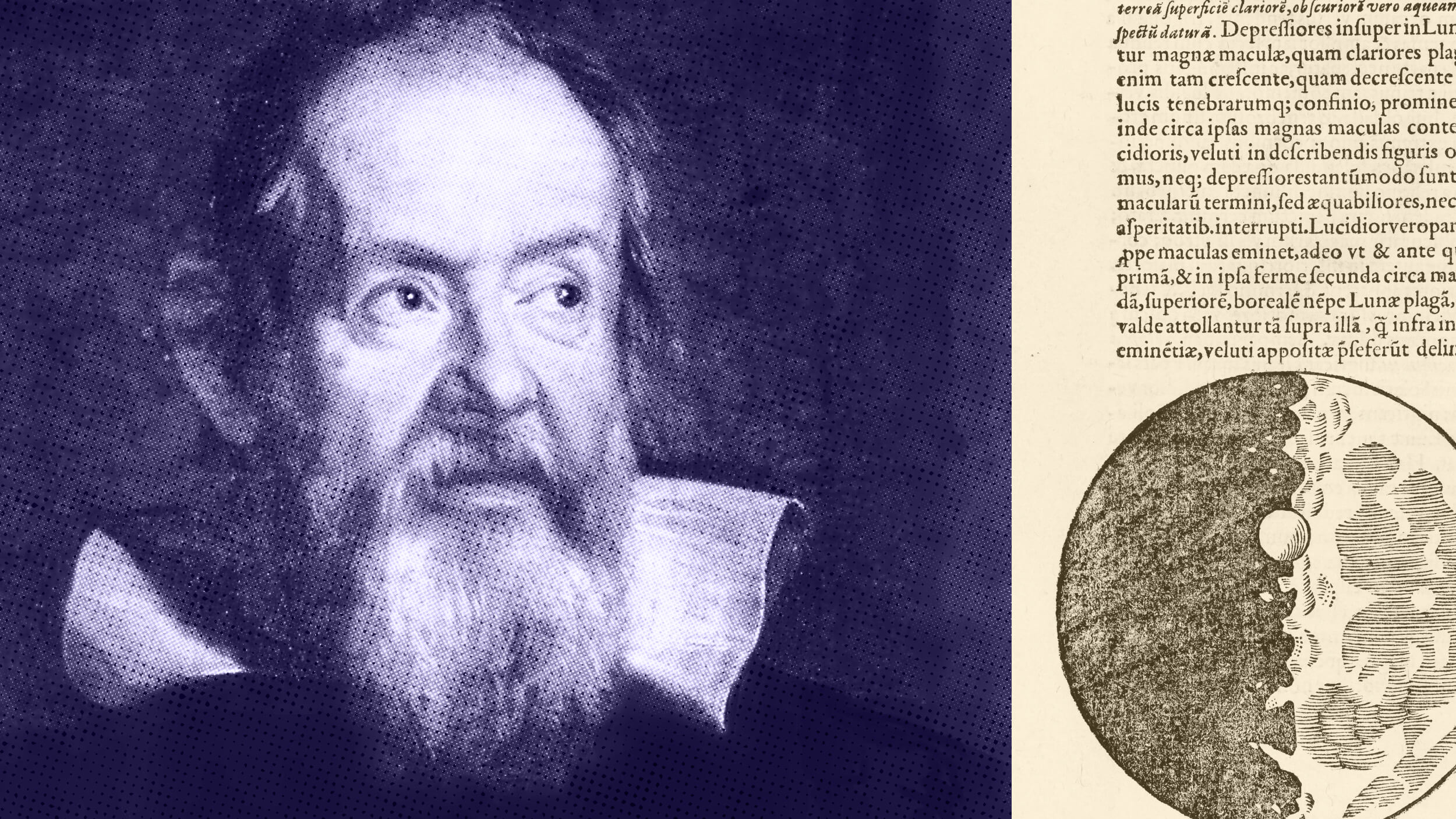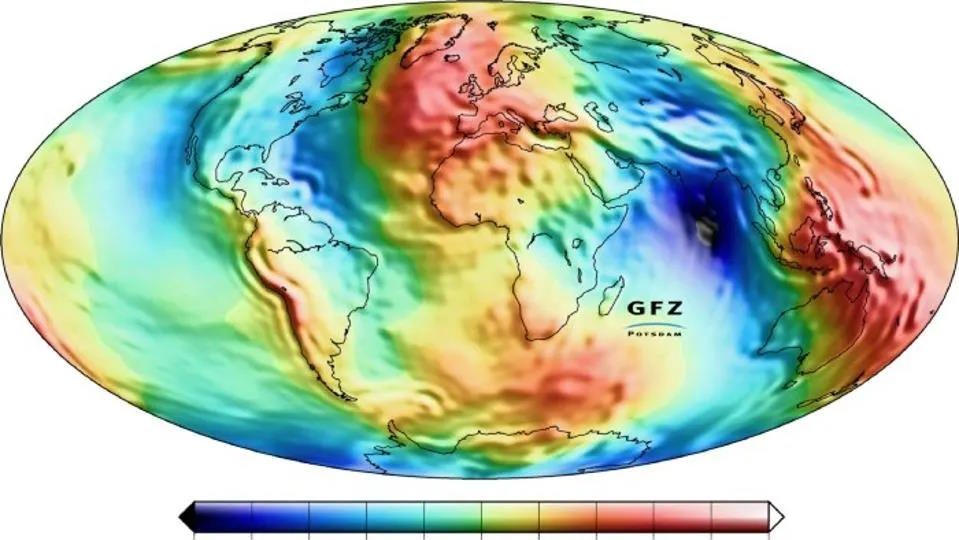We have very specific predictions for how particles ought to decay. When we look at B-mesons all together, something vital doesn’t add up.
All Articles
The integration of artificial intelligence into public health could have revolutionary implications for the global south—if only it can get online.
A new railway will switch the Baltic region’s train gauge from Soviet to standard European — a megaproject with political, economic, and military dimensions.
By looking back at future dreams we can see our current hopes and visions in a whole new light.
Most waves need a medium to travel through. But the way that light and gravitational waves travel shows that space can’t be a medium at all.
For J.R.R. Tolkien, the single most important element of a fairy tale was the dramatic reversal of misfortune in the story’s ending.
Leaders ideally intertwine their own success with that of their teams — if that’s not the case at your workplace, here’s what to do.
The Sombrero is the closest bright, massive, edge-on galaxy to us. JWST’s new image, taken with MIRI, finally shows what’s under its hat.
Behind America’s hunt for a superior semiconductor.
The nonprofit made a bold gamble on the limits of “fair use” — and federal courts have not backed their play.
How many scientists does it take to ruin a good conspiracy?
This supremely simple hack can help you establish good habits, break bad ones, and guard against failure.
One of the fundamental constants of nature, the fine-structure constant, determines so much about our Universe. Here’s why it matters.
Around the world, biofuels, so-called green energy sources, are waving major red flags.
Two great philosophies — but do they work better together?
Welcome to The Nightcrawler — a weekly newsletter from Eric Markowitz covering tech, innovation, and long-term thinking.
Gravitational waves are the last signatures that are emitted by merging black holes. What happens when these two phenomena meet in space?
“We can build AI scientists that are better than we are… these systems can be superhuman,” says the FutureHouse co-founder.
DESI has allowed astronomers to create an unprecedented 3D map of the Universe representing 20% of the entire sky.
For nearly 60 years, the hot Big Bang has been accepted as the best story of our cosmic origin. Could the Steady-State theory be possible?
In November 1974, astronomers used the radio telescope at Puerto Rico’s Arecibo Observatory to send a hello to the universe.
All religions have three traits: metaphysical commitments, ethical guidance, and daily rituals or practices. So does Stoicism.
Sure, “who you know” matters — but your best contacts will be the ones you don’t know very well.
Two parts of our Universe that seem to be unavoidable are dark matter and dark energy. Could they really be two aspects of the same thing?
“A person’s mass is made not of ‘stuff’ in the way we normally think about it, but rather our mass is made of energy.”
“I was stunned. Here in front of me was the original apparatus through which a new vision of the world was slowly and painfully brought to light.”
Scalars, vectors, and tensors come up all the time in physics. They’re more than mathematical structures. They help describe the Universe.
Both nations made missteps, but China still has a chance to make up lost ground.
They’re in our brains, hearts, and blood — but what are they doing to us?
If you’re an atheist with a vocation, who laid that path for you?
